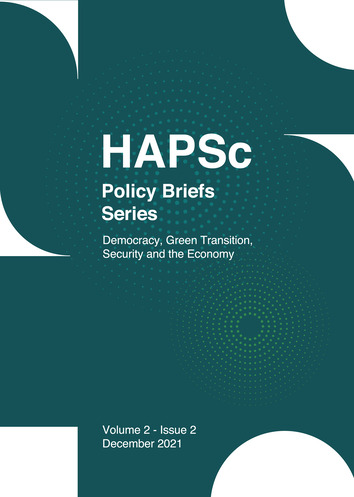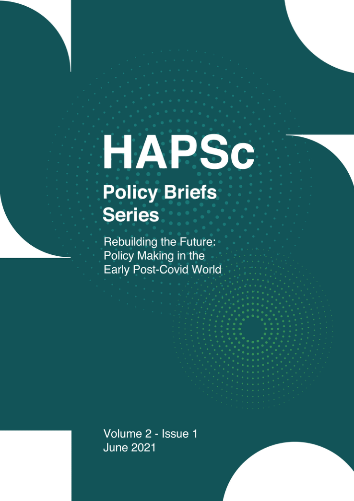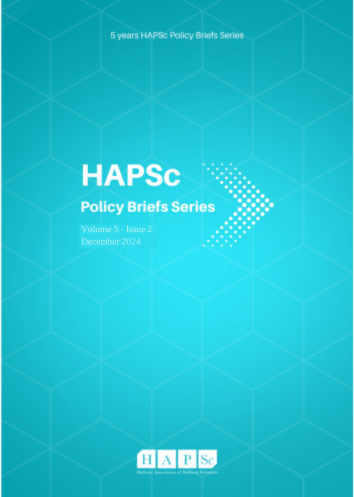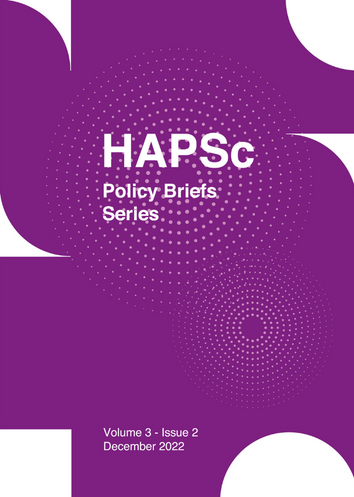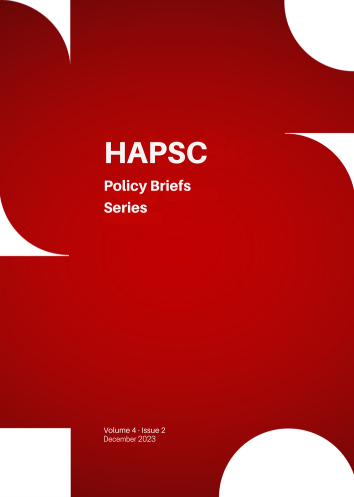The Responses of the World Health Organization to Pandemics and Dangerous Epidemics
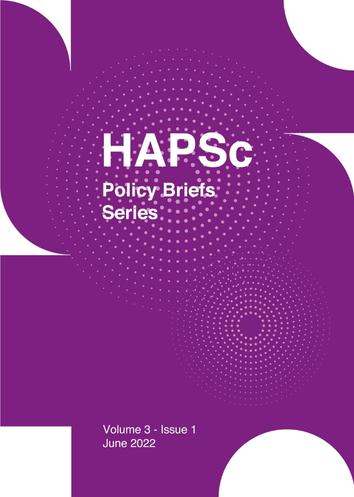
Abstract
Pandemics are major threats to human life and have occurred throughout human history. It should be made clear that the term epidemic refers to disease outbreaks that occur in a human population over a given period of time to a greater than expected extent. It may be geographically confined to a place or an entire country. In the event that the epidemic spreads outside the geographical boundaries of a country, it is defined as a pandemic. This study focuses on the contribution of the World Health Organisation in preventing and responding to major pandemic crises. A focus will be placed on the management of pandemic crises or risks, namely HIV, cholera (in Yugoslavia in the 1970s), SARS-CoV, H1N1, Ebola and SARS-CoV2.
Article Details
- How to Cite
-
Tzagkarakis, S. I., & Douki, S. (2022). The Responses of the World Health Organization to Pandemics and Dangerous Epidemics. HAPSc Policy Briefs Series, 3(1), 242–250. https://doi.org/10.12681/hapscpbs.31022
- Section
- Articles

This work is licensed under a Creative Commons Attribution 4.0 International License.
Authors retain copyright and grant the journal right of first publication with the work simultaneously licensed under a Creative Commons Attribution License that allows others to share the work with an acknowledgement of the work's authorship and initial publication in this journal.


